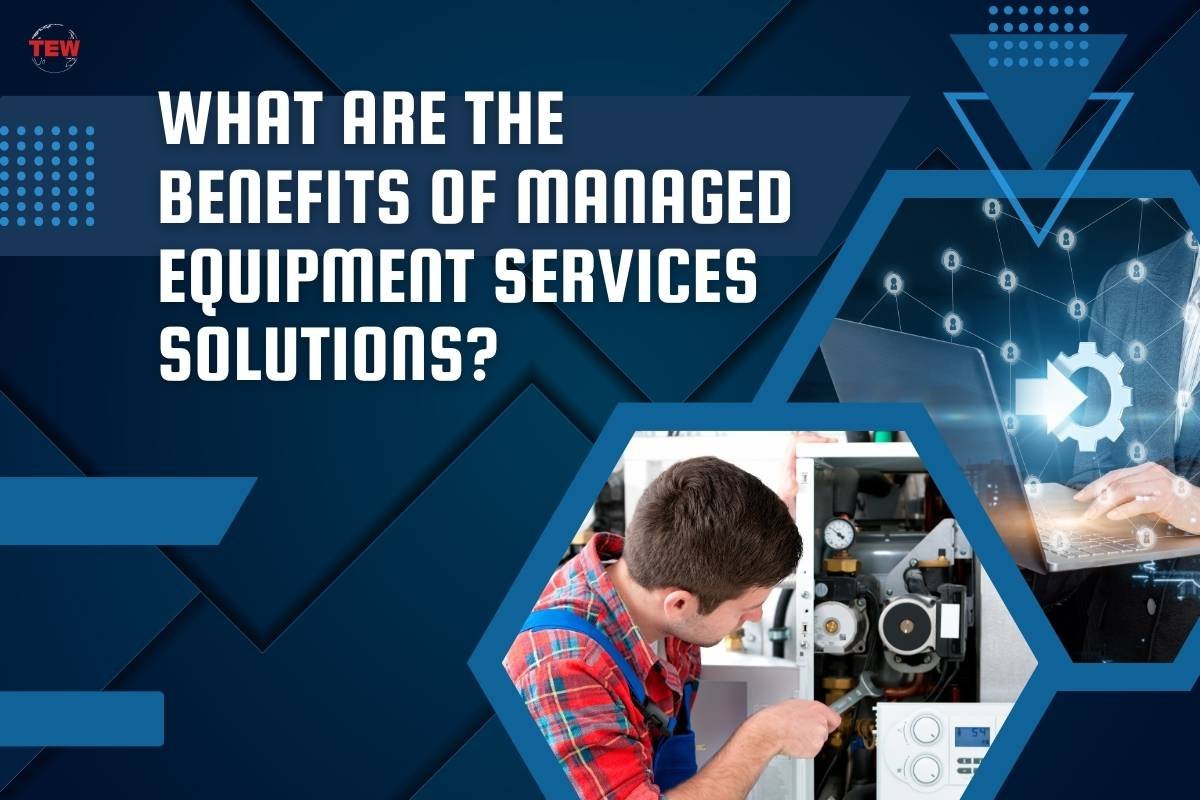Efficient Logistics Management
No matter the size of your supply chain, it’s crucial that you have definitive strategies in place that can help you achieve more efficient logistics management. As your business grows, all the more that you need to focus on improving the way you handle and process the logistics side of it.
Keep in mind the ultimate goal of streamlining every supply chain process: to deliver satisfactory service and products to your clients. If you can do so more efficiently with fewer costs involved and a shorter turnaround time, you can expect the firm to evolve and expand soon.
If you’re looking for tips on how you can achieve more efficient logistics management and effective inventory planning, here are five strategies that might help you out:

1. Automate
There’s no doubt that the digital age has prompted the rise of automation in almost all industries today. As for your logistics process, there are several ways you can take advantage of technology to make management more accurate and seamless. Instead of tracking and monitoring your deliveries manually, you can rely on software and online tools that can take a chunk of the workload off your shoulders.
For example, Softeon’s 3pl warehouse management systems can help you configure your current systems so you can accommodate new requirements from your clients and suppliers. You can also consider automating your fleet and inventory management to increase productivity and reduce manual labor costs.
2. Be Consistent On Connectivity
Whether you’re a web-based business or not, it’s crucial that you’re consistent with connecting to your manufacturers, suppliers, shippers, and carriers. Invest in online tools and systems that can help you stay consistently connected to these valuable components of your supply chain, regardless of their location in the world.
Moreover, there’s also the pressing need to improve internal communication in the organization. Make sure your staff is well aware and trained on handling challenges and issues that may arise throughout the process. This means constant communication should be established. From scheduling to warehouse maintenance, product packaging, transportation processes, and other crucial aspects of the business, you need to be on the same page with everyone you’re working with.

3. Promote Transparency In Every Facet Of Your Supply Chain
From updating your customers on the current status of their shipments to making sure they’re updated with the replenishment status of your stocks, it’s vital that you’re able to promote transparency as an efficient logistics management strategy. Doing so won’t only make your customers feel at ease while doing business with you. More importantly, you can keep their expectations within realistic bounds, especially when there’s an unforeseen circumstance that might take place.
E-commerce merchants, in particular, should pay more attention to keeping true to their promises to customers if they want to remain afloat in the industry. Customers continue to evolve, and they’re more aware of what to demand and expect whenever they order something. If you can deliver and exceed their expectation, you can anticipate their repeat transactions and even the possibility of more referrals in the future.
4. Be Open For Feedback
One way you can accurately measure the satisfaction of customers and the efficiency of your logistics management is by asking for feedback from buyers, shippers, manufacturers, and suppliers. That way, you can see if there’s an area that demands improvement. You can pay more attention to what department needs constant monitoring and analysis.
You may ask for customer reviews through your website. If you have customer information such as their contact numbers and emails, you can direct your surveys through those mediums as well. Customers will feel more valued knowing that their thoughts and suggestions matter. As a result, you can expect honest reviews and better ratings from them.
5. Always Prepare A Contingency Plan
Proper planning won’t be successful if there’s no contingency plan in place. To ensure your logistics management will be as efficient as possible, preparing a Plan B can significantly help you avoid any logistics failure or supply chain weaknesses. There’s no such thing as a foolproof plan, and for that reason, an emergency plan should always be available to back you up.
Train your staff and employees on what to do in every element of the logistics management process. If something goes wrong, they should know the next best step to take so you can prevent further damage to the operation.
Conclusion
Your logistics management is only as good as your mindset and careful planning. You always need to be on guard so you can ensure that all elements are functioning as expected. These strategies should help you plan a more efficient logistics operation and process as a whole.





